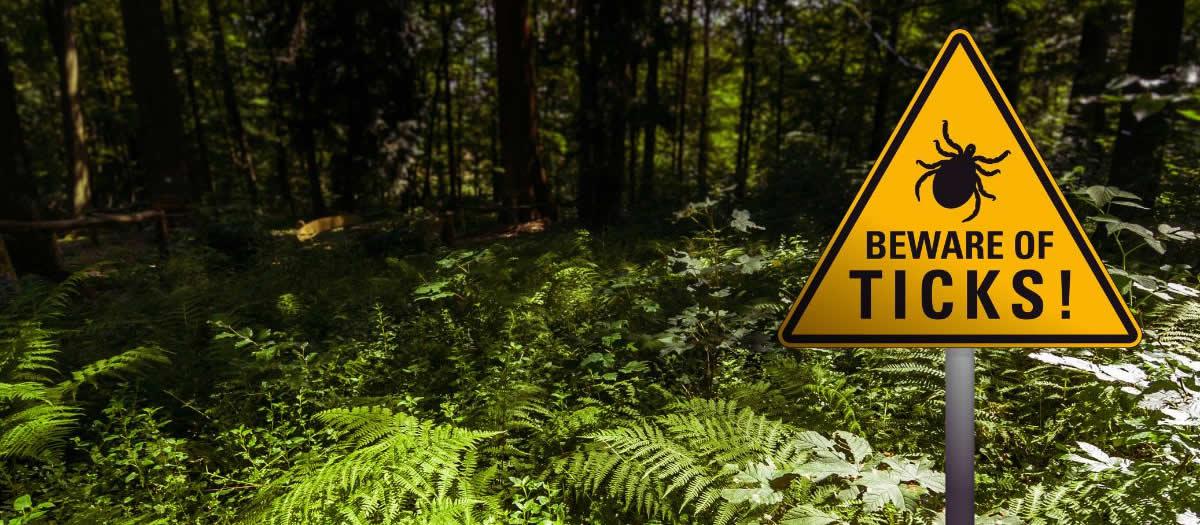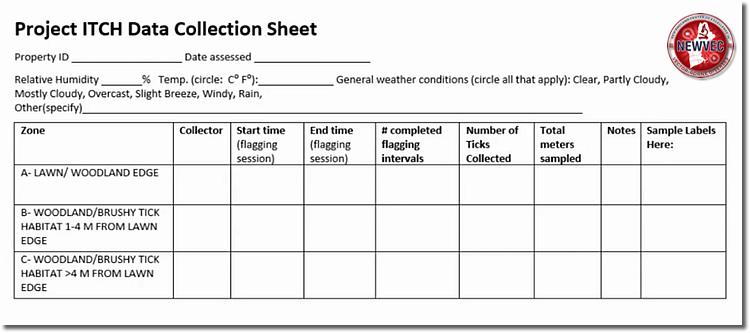We’re Itching to Know – Is Tick Control Helping?
Posted by Mosquito Squad
September 30, 2024

In 2023, UMass Amherst spearheaded an initiative to educate the public about the potential perils of tick-borne illnesses.
The New England Center of Excellence in Vector-borne Diseases (NEWVEC) and Project ITCH, Is Tick Control Helping, were funded by a grant from the Centers for Disease Control and Prevention. This $10mm, five-year program seeks to set best-practice standards for preventing tick-borne illnesses throughout our region, which reports the highest rates of vector-borne illnesses annually in the United States.
How Does Project ITCH Work?
NEWVEC endeavors to inform residents about protecting themselves and their families from ticks through, “an open and inclusive Community of Practice approach,” thereby reducing tick disease risk. You can also be a part of this startup initiative’s research team through tick collecting/sampling from chosen properties.

Two Phases, One Goal – Reducing Vector-Borne Illnesses Through Education
Carried out in two phases, NEWVEC asks for your participation in the first phase by reporting what efforts you are undertaking to reduce the number of ticks and likelihood of tick bites around your home. They even want to hear from you if you are not using any methods of tick prevention. This first phase is about collecting data from participants to determine who will be chosen for phase two.
In phase two, Project ITCH analysts will choose which residential properties will become a part of a research study to answer the question: Is YOUR tick control helping? Throughout this phase, homeowners will be educated about standards for protecting their families, including pets, from tick encounters and the potential for disease transmission.
Submit your application to Project ITCH here.
Does Project ITCH Recommend Tick Yard Treatments?
Project ITCH seeks to determine whether tick yard treatments are among the best methods of tick avoidance and reducing the risk for tick-borne illnesses. The second phase of their project will be centered around answering this question and more in order to formulate best community practices.
Does Project ITCH Do Tick Testing?
Team members, who have collected ticks from the chosen residential properties, will submit tick samples, with a sub-section of those ticks being tested for the presence of tick-borne illness pathogens.
How Can You Have a Tick Tested?
UMass Amherst has a selection of sources for testing a tick, which you have found on yourself, a family member, or your pet. Various commercial laboratories are available for the purpose of determining whether the tick that delivered the bite has disease pathogens. If a tick tests positive for a disease, it is not a foregone conclusion that you have contracted an illness. However, having a tick tested can be very helpful in case illness follows the tick bite.
See tick testing facility resources on UMass Amherst’s website here.
Search tick control near me and call Mosquito Squad.
Mosquito Squad of Southeastern Massachusetts is here for all your Bristol and Plymouth County tick control needs. We offer year-round defense against ticks and the potential diseases they could be carrying to offer you peace of mind and more enjoyment of your favorite outdoor spaces.
We are committed to your satisfaction and serving our environment with careful attention to detail in our Plymouth and Bristol County pest control services, targeted at controlling pests while preserving our essential pollinators.
Call Mosquito Squad of Southeastern Massachusetts today at (774) 234-4611 for a free quote for a custom-tailored tick control, mosquito control, and deer control plan. You can also get in touch with us by filling out our form online.















